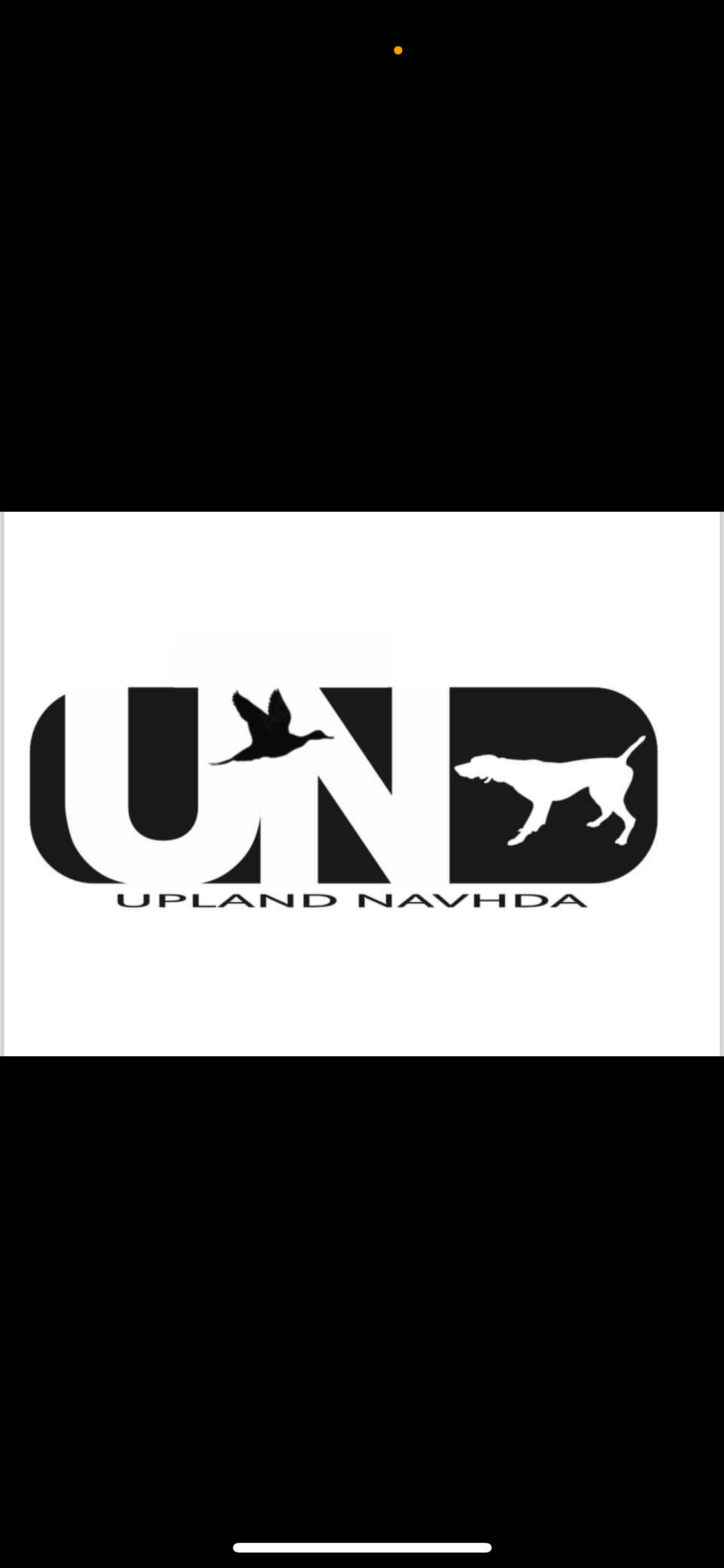the integrity of the test & Character
- uplandnavhda

- Sep 21, 2025
- 3 min read
Updated: Sep 25, 2025
Title: Cheating the Test: Why Cutting Corners in NAVHDA Fails Everyone
Handlers may find sneaky ways to skirt the rules, but at what cost?
In any structured testing system, there's always a temptation to "game" it. The NAVHDA (North American Versatile Hunting Dog Association) testing system is no exception. Designed to evaluate the natural ability and training progress of versatile hunting dogs, NAVHDA tests rely on a standardized framework to ensure consistency, fairness, and – most importantly – a meaningful assessment of the dog’s potential in the field.
Yet, every testing season, judges and seasoned handlers witness an unfortunate trend: handlers trying to cheat the system. Whether it's slipping a treat during a "quick pet," using body language cues under the guise of "handler habit," or carefully rehearsed whistle tones, it’s all done with the same aim – to mask gaps in training or control and earn a better score than what’s been earned.
Let’s be honest about what this really is: training your dog to pass the test, not training your dog to be a reliable, versatile hunting partner.

Common Cheating Tactics
Treats in the Field or at the Blind
We've seen it all – handlers hiding a kibble or two in their game vests, sneaking rewards after the duck search or heeling. Yes, a treat can reinforce behavior – but not in a testing environment. It undermines the system, and judges will notice.
Inconspicuous Gestures
A subtle nod, a shoulder twitch, a weight shift at the water's edge – all seemingly innocent gestures that are actually well-rehearsed cues. Dogs are masters at reading body language. But NAVHDA is not testing your choreography; it’s testing your dog’s independence and steadiness.
Rehearsed Situational Patterns
Some handlers overtrain the test sequence so much that the dog simply memorizes the pattern. This removes the real-time decision-making that NAVHDA seeks to evaluate. A dog that “knows the dance” isn’t the same as a dog that’s mentally engaged and making sound hunting decisions.

Why It Matters
At its core, the NAVHDA system is not a trick competition. It is designed to encourage the development of reliable hunting dogs with strong natural ability and good cooperation. When a handler cheats – even in small ways – they aren’t just bending the rules; they’re devaluing their own training process, misleading other handlers, and disrespecting the mission of the organization.
Moreover, cheating doesn't prepare your dog for the field. A dog that needs a hidden cue to remain steady on a chukar won't do well when a real covey flushes wild and unpredictably. A dog that requires a treat to enter cold water may balk during an icy retrieve in December. You're building a fragile illusion, not a solid hunting companion.
Train the Dog, Not the Test
What NAVHDA rewards – and what real hunting demands – is impulse control, steadiness, drive, cooperation, and reliability under pressure. These qualities can’t be faked for long. They take time to build. They require thoughtful training, not shortcuts.
If you find yourself tempted to cheat the system, ask why. Is it impatience? Pressure to perform? Comparison to others? Whatever the reason, it’s not worth sacrificing the long-term development of your dog.
Instead:
Focus on building solid foundations.
Train for impulse control, not reaction to cues.
Prepare your dog for real-world unpredictability, not just test-day routines.
Accept that sometimes, your dog may not be ready – and that’s okay.

Final Thoughts




Comments